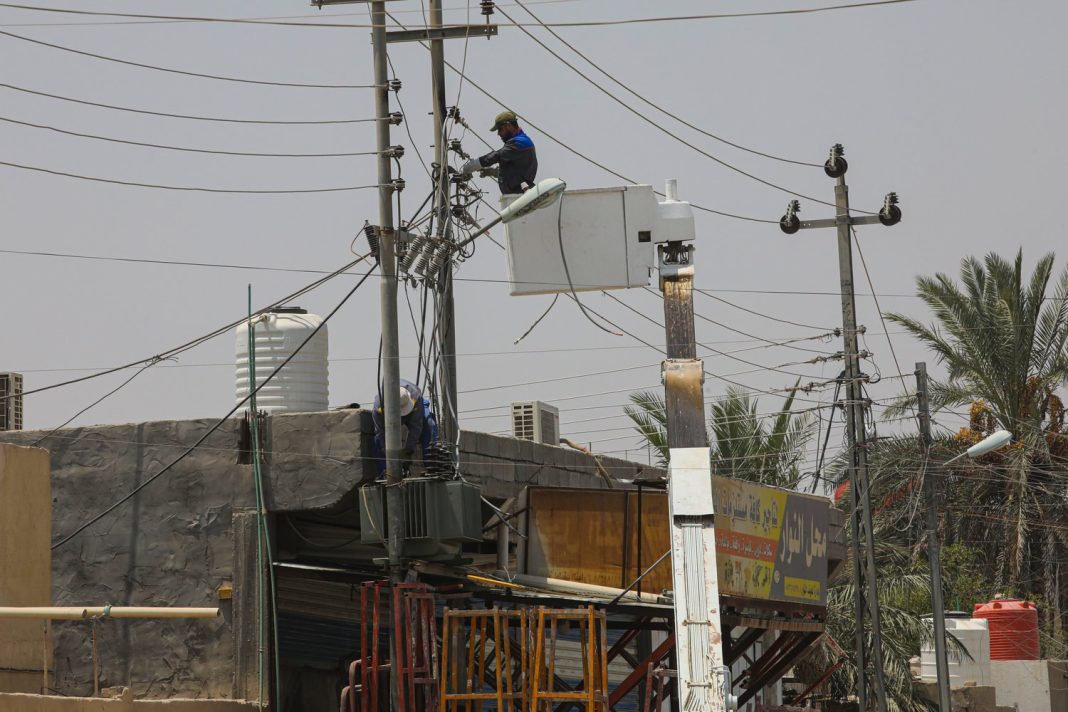Secretary of State Antony Blinken signed a 120-day national security waiver allowing Iraq – heavily dependent on Iranian electricity – to deposit such payments into non-Iraqi banks in third countries instead of into restricted accounts in Iraq, said the official who spoke on condition of anonymity.
Monies put into the non-Iraqi accounts, like those deposited into Iraqi banks, will also be restricted, still requiring US permission for Iran to get access to them and only for spending on humanitarian goods.
The latest waiver was expanded to permit payments to banks outside Iraq at the request of the Iraqi government, apparently in the hopes that this might transfer some of the pressure that Iran has exerted on Baghdad to other countries.
“We have to help the Iraqis with this perennial pressure from the Iranians to access the money,” stated the US official.
“The Iraqis have requested, and now we have agreed, to expand the waiver,” said the official, adding this might help ensure better compliance with the US requirement that any disbursements be for humanitarian purposes.
“It also helps the Iraqis, at least somewhat, to have an argument to make (to Iran) that they are not in control of the money that they have paid (into non-Iraqi accounts),” he continued.
Iran is under extensive US economic sanctions reimposed in 2018 after then-US President Donald Trump abandoned the nuclear deal that Tehran struck with major powers Britain, China, France, Germany, Russia and the United States in 2015.
Iraq has paid some of its debts over the years, but US sanctions and economic troubles in the Arab country have made the transfer of money much slower than Iran expected.
Iran gets paid partly in cash, but it mostly receives goods from Iraq to cover the debt.
